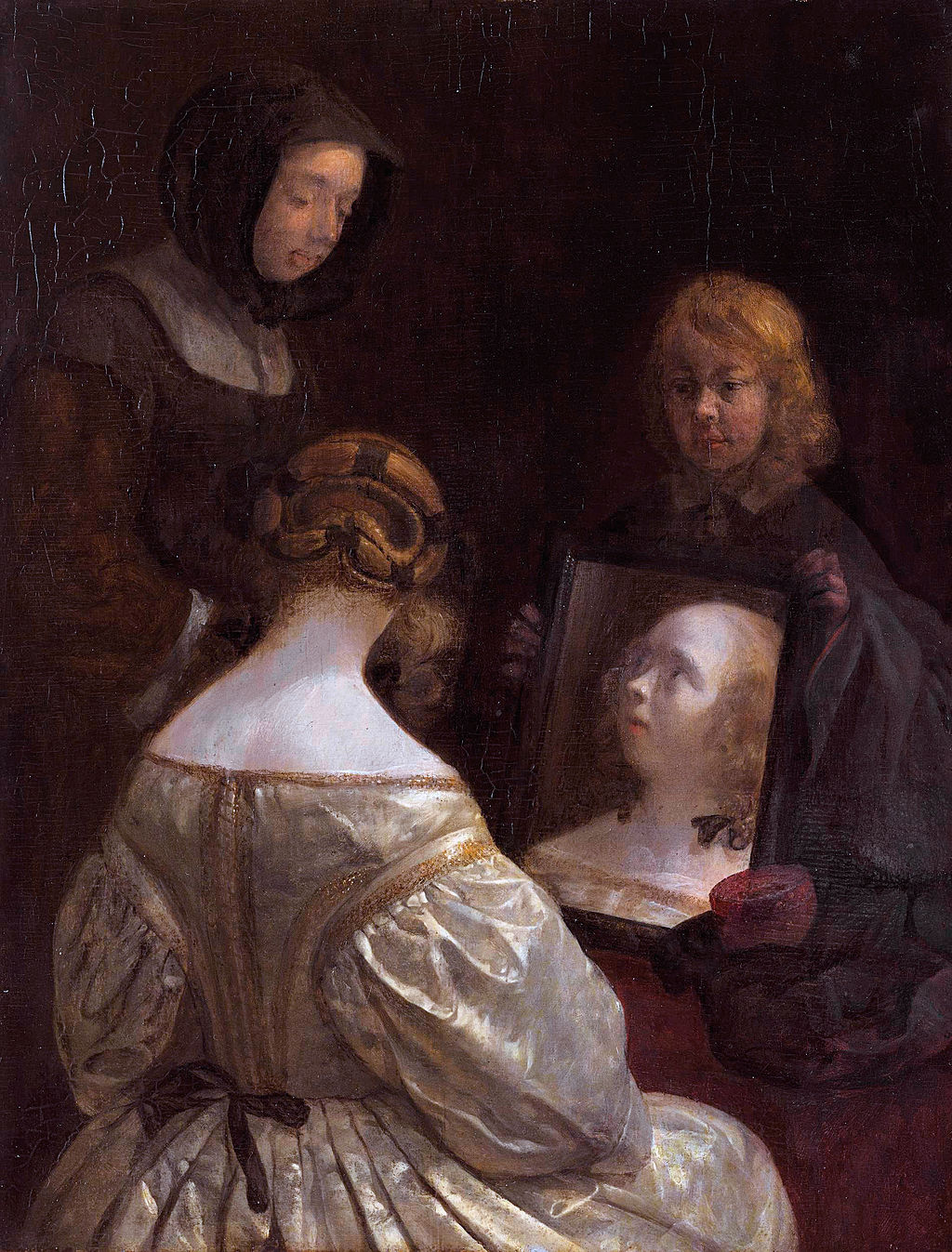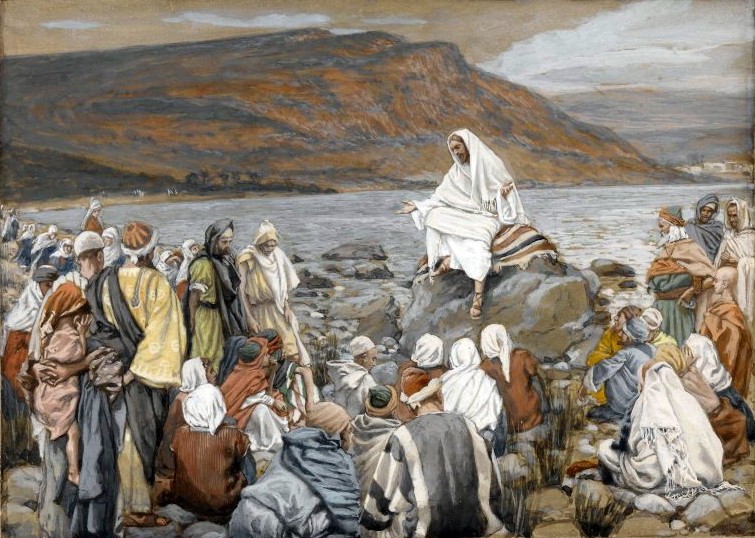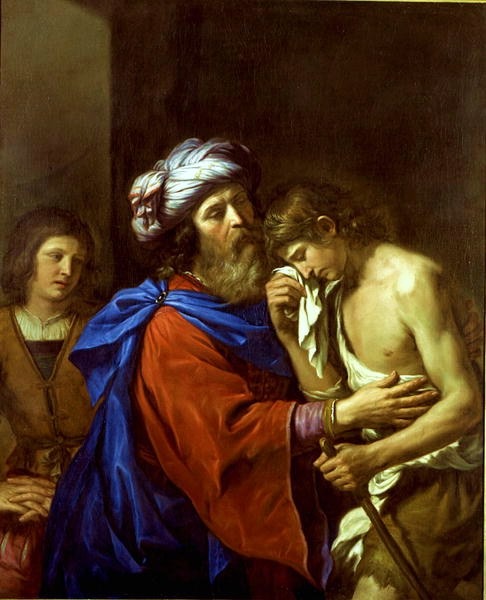by Lois Tverberg
“A moneylender had two debtors: one owed five hundred denarii, and the other fifty. When they were unable to repay, he graciously forgave them both. So which of them will love him more?” Simon answered and said, “I suppose the one whom he forgave more.” (Luke 7:41-43)
In the parable above that Jesus tells after the sinful woman has anointed his feet, he likens the person who is a sinner to one who is a debtor. He also does this in the parable of the unmerciful servant, who has a debt to the king that he can never repay (Matt 18:23-35).
Jesus frequently uses the image of debt as a way to describe guilt from sin. To us they aren’t parallels because borrowing money or possessions isn’t sinful. But one of the words in Hebrew, hayav, that means “debtor,” also is used to describe a person who is guilty of sin. There is an overlap conceptually, because both require restoration – either of the money borrowed or reparations to the victim of the sin. In the Lord’s prayer, Jesus was most likely using the word hayav when he said “forgive us our debts as we also have forgiven our debtors.”
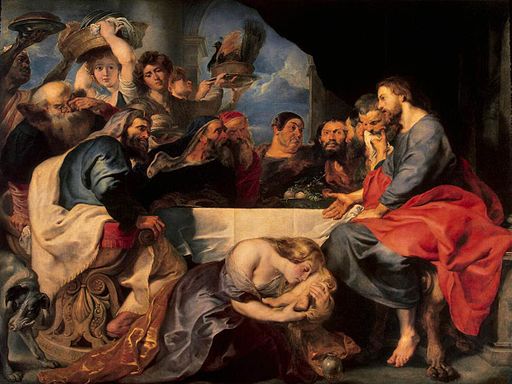 It is interesting to relate this idea to another one that Jesus used in his ministry – the Year of Jubilee. During the Year of Jubilee in Israel, all debts were to be forgiven, and any land that a family had been forced to sell in a time of famine could be reclaimed by them. It is interesting that the prophets and rabbis connected this thought of the year of Jubilee with the coming of the Messiah. In fact, one of Jesus’ first public statements about his ministry was to quote Isaiah 61, which says that he was anointed to proclaim “the year of the Lord’s favor,” meaning, the Jubilee year (Luke 4:19).
It is interesting to relate this idea to another one that Jesus used in his ministry – the Year of Jubilee. During the Year of Jubilee in Israel, all debts were to be forgiven, and any land that a family had been forced to sell in a time of famine could be reclaimed by them. It is interesting that the prophets and rabbis connected this thought of the year of Jubilee with the coming of the Messiah. In fact, one of Jesus’ first public statements about his ministry was to quote Isaiah 61, which says that he was anointed to proclaim “the year of the Lord’s favor,” meaning, the Jubilee year (Luke 4:19).
Through Jesus’ use of the image of the Jubilee, we can see God’s enormous grace – those who have been forgiven the greatest debt, like the sinful woman in the painting, love the most in return. It is good news to the “poor in spirit,” the humble and contrite of heart who see the need to be forgiven of sin (Isaiah 66:2). Through Jesus’ gift on the cross, those who will become a part of his Kingdom receive a forgiveness of debt far greater than they could pay themselves, and a chance to start over with life anew.
Photo: Ermitage, Sankt Petersburg

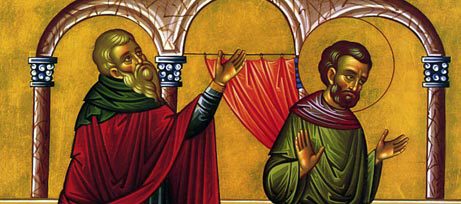
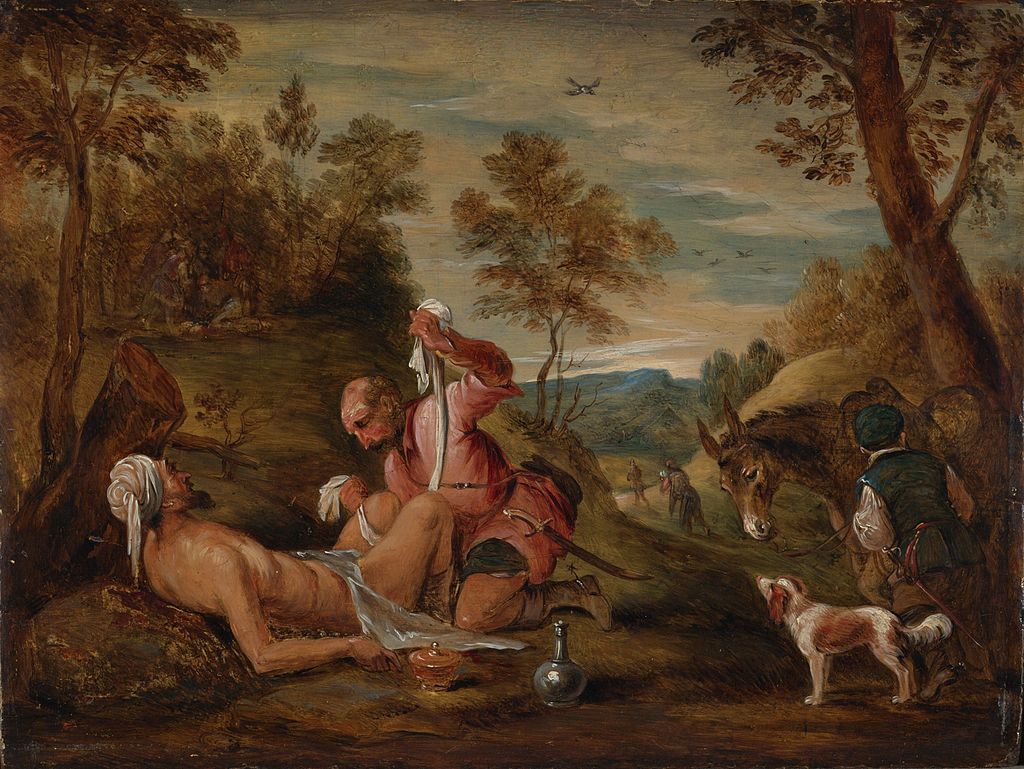
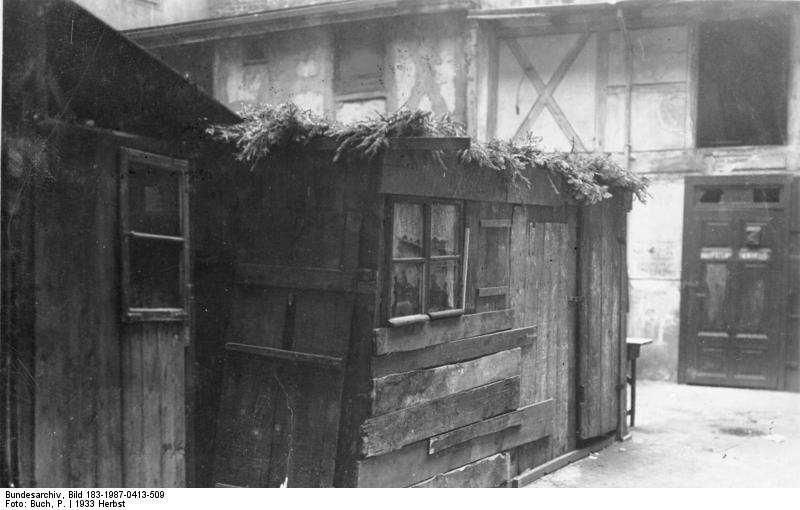
 “Do not judge, and you will not be judged. Do not condemn, and you will not be condemned… For with the measure you use, it will be measured to you.”
“Do not judge, and you will not be judged. Do not condemn, and you will not be condemned… For with the measure you use, it will be measured to you.” To what may this be compared? To a human king who owned a beautiful orchard which contained splendid figs. Now he appointed two watchmen, one lame and the other blind. One day the lame man said to the blind man, “I see beautiful figs in the orchard. Put me on your shoulders so that we can pick and eat them.” So the lame man got on the shoulders of the blind man and they gathered the figs and ate them.
To what may this be compared? To a human king who owned a beautiful orchard which contained splendid figs. Now he appointed two watchmen, one lame and the other blind. One day the lame man said to the blind man, “I see beautiful figs in the orchard. Put me on your shoulders so that we can pick and eat them.” So the lame man got on the shoulders of the blind man and they gathered the figs and ate them.